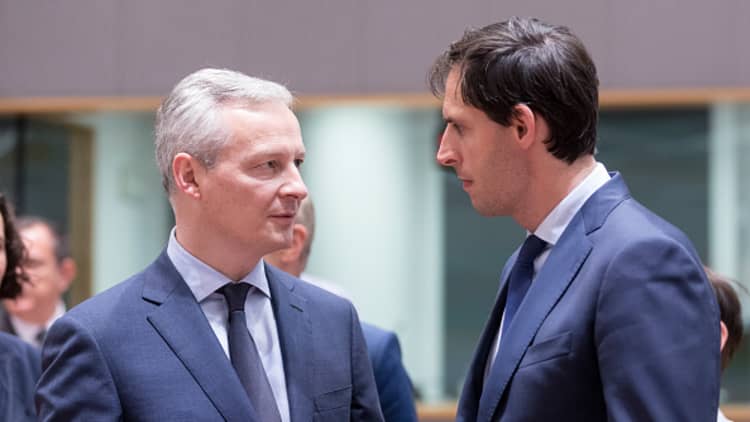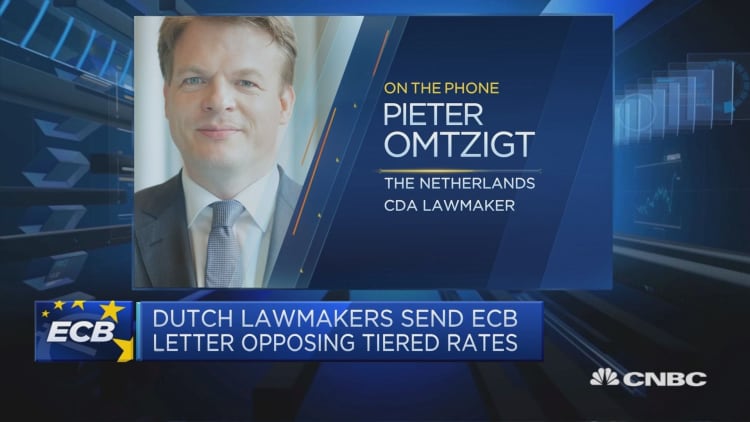The Dutch government announced plans for more economic stimulus in the coming year, but analysts believe it falls short of what institutions like the European Central Bank President (ECB) have called for.
The ECB's chief Mario Draghi had called on euro zone states with the fiscal space to start spending more, in order to prop up the region's economy. Draghi mentioned at a press conference last week: "As a matter of fact, I understand the Dutch Government has a 50 billion (euro) investment program and that's a good time to activate it."
However, in his plans for the 2020 budget, Dutch Finance Minister Wopke Hoekstra didn't include any details on the new fund, delaying any announcements until at least "early 2020."
"The Dutch government (has) provided some fiscal stimulus that Draghi asked for. But no big bang. It is not yet launching the investment fund in 2020 and it does not seem to consider an amount of 50 billion (euros) at the moment," Marcel Klok, a senior economist at ING, said via email.

"But given the fact that the government seems to be serious on coming up with a plan for a fund later on, there might be a shift towards a more 'growth-friendly composition of public finances' later on," he added.
The focus of the 2020 Dutch budget is on boosting the purchasing power of households. It plans to reduce labor income taxation, give 3 billion euros worth of tax cuts for households, as well as a series of investments for the housing market.
"We will explore avenues to invest more in innovation, knowledge development and infrastructure," Hoekstra told Dutch lawmakers.
What's the state of the Dutch economy?
The Netherlands beat its owns forecast with the government budget surplus hitting 1.5% of GDP (gross domestic product) in 2018.
At the same time, its public debt pile is below the EU's threshold of 60% of its GDP and is expected to fall below 50% in the coming year. The government estimates a growth rate of 1.8% this year, and 1.5% for 2020.
"The country is in a better position to absorb economic setbacks in the future," the finance ministry said.
It's because of this fiscal position that Draghi highlighted the Netherlands as a country that could be spending more to help kickstart growth in the euro zone.

"The Netherlands are probably not reacting to the pressure brought up by Mario Draghi but rather out of national interest. The fiscal policy spillover of a national program to other economies in the euro area are rather small," Stefan Kipar, senior economist at BayernLB, told CNBC via email.
Elwin de Groot, a euro zone economist at Rabobank, added that overall the 2020 budget plan "is a positive development as it represents a notable shift from the debt-averse political consensus in the Netherlands and it could increase pressure on Germany to use fiscal policy to support growth."
Germany is due to announce plans for further investments on Friday, but again analysts are questioning how large these could be.
"I'm not sure whether the Netherlands is 'literally' listening to Draghi, but Mr. Draghi is likely to be pleased in any case. After all, the Netherlands is one of those countries that have the capacity to act and are now using that capacity," de Groot added.


